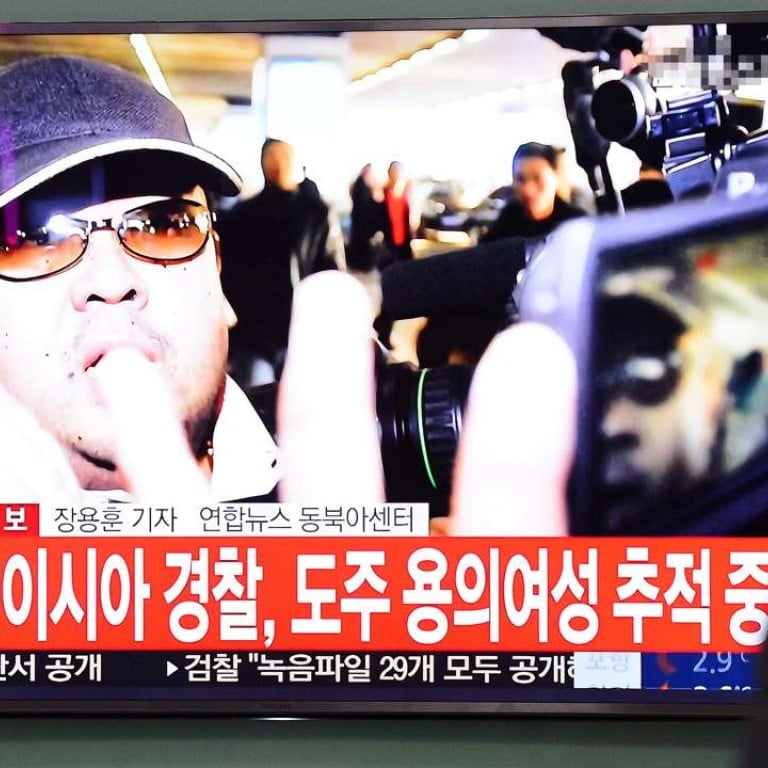Advertisement
Advertisement

Assassination another sign of instability in North Korea
The Kim Jong-un regime, armed with weapons of mass destruction, is clearly paranoid, making the need for direct talks all the more urgent
North Korea ranks among the world’s most paranoid countries. Kim Jong-nam, the elder half-brother of leader Kim Jong-un, is the latest high-profile victim. The circumstances of how he died while waiting in Kuala Lumpur for a flight to Macau are being investigated by Malaysian authorities, but there is every reason to suspect the two Southeast Asian women who have been arrested were hired assassins. It’s a clear sign of instability in the regime.
Much of what is said about the inner workings of the North’s government is speculation. The dictatorial regime’s isolationist policies ensure that its politics are shrouded in secrecy. Kim Jong-nam, as the eldest son of late leader Kim Jong-il, was at one time destined to succeed his father. But he spent most of his time overseas, usually in Macau, and in 2001 caused embarrassment by being detained while trying to enter Japan on a false passport. Kim Jong-il remarried in the late 1970s and his new wife became powerful within the government and her youngest child, Kim Jong-un, was manoeuvred into the leadership.
Whether Kim Jong-nam lived overseas out of choice or because he was exiled is not clear. More definite is that in recent years he was a critic of the North’s political system, voicing disapproval of dynastic governance. How much support he had at home is unknown, but there is no disputing that opposition is not tolerated by the regime. Not even relatives are immune, as shown in 2013 when the brothers’ uncle, Jang Song-thaek, once considered the country’s second most powerful person, was executed for treason.
The leadership has gone to great lengths to get rid of rivals. It has a record of using assassins to kidnap, murder or bomb overseas targets. Among the victims have been South Korean politicians, Japanese citizens and aircraft passengers. At home, the paranoia of staying in power has led since the founding of North Korea to the deaths or imprisonment in labour camps of opponents estimated to number in the hundreds of thousands.
Despotism is no guarantee of stable rule; more likely it will lead to heightened efforts by opponents to seize control. Kim Jong-un’s resolve to develop long-range ballistic missiles capable of carrying nuclear warheads also undermines regional stability.
International condemnation and sanctions have only heightened the uncertainty. Ending the regime’s reclusiveness through the direct engagement of talks is the best approach for governments, particularly that of the North’s greatest rival, the United States.

Post
